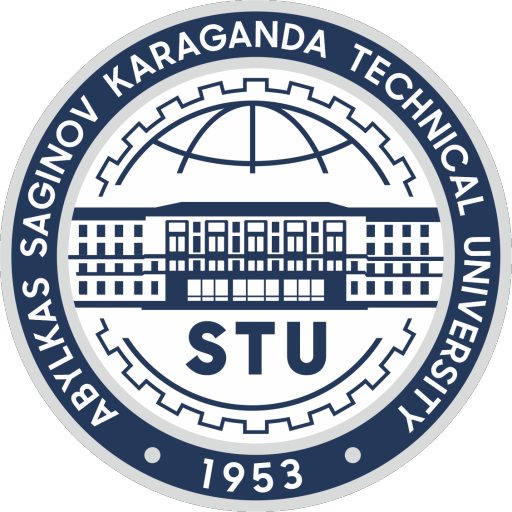The importance of combating climate change both at the global level and for each individual country has predetermined the conclusion of agreements to reduce greenhouse gas emissions. To solve the climate problem, various tools have been developed to account for emissions and reduce them. Mechanisms for creating the actual price of greenhouse gas emissions are also being introduced: quota trading systems and the introduction of carbon taxes.
Let’s start with the GHG Protocol (Greenhouse Gas Protocol), which translates as the “greenhouse gas Protocol” (hereinafter referred to as the GHG Protocol). In fact, it is a set of industry guidelines and other tools for accounting for greenhouse gas emissions, as well as a widely used international accounting tool that allows you to understand, quantify and manage greenhouse gas emissions. The development of the Protocol is coordinated by the World Resources Institute and the World Business Council for Sustainable Development.
In December 2020, at the Summit on Ambitious Challenges related to Climate Change (organized by the United Nations, Great Britain, France in partnership with Chile and Italy) President of the Republic of Kazakhstan Tokayev K.K. announced a new goal – Kazakhstan’s achievement of carbon neutrality by 2060, confirming Kazakhstan’s obligations under the Paris Agreement.
Thus, this Strategy for Achieving Carbon Neutrality of the Republic of Kazakhstan until 2060 (hereinafter referred to as the Strategy) has been developed taking into account global climate trends and in compliance with relevant international obligations. The Strategy defines national approaches, the strategic course of state policy for the consistent transformation of the economy to ensure well-being, sustainable economic growth and equitable social progress and is adopted to ensure the coherence and coordination of state policies.
The strategy takes into account the need to adapt Kazakhstan’s economy to global climate trends, such as the introduction of a mechanism for cross-border carbon regulation, the dissemination of ESG principles, the promotion and attraction of “green” investments, energy-efficient production, electrification and others.
Research and development, innovation and education are essential for low-carbon development and the transition to carbon neutrality and adaptation to the effects of climate change.
Transformation of Kazakhstan’s economic structure within the framework of low-carbon development and transition to carbon neutrality will require scientific, technological and professional staffing.
In addition, the pace of decarbonization and energy transition already requires advanced scientific support, the organization of targeted fundamental and applied research in various sectors and spheres of the economy, the study of labor markets and the creation of new jobs.
In order to form and develop our own low-carbon infrastructure in the production sector and reduce dependence on foreign technologies and the best available techniques, training of domestic specialists will be provided, including within the framework of public-private partnership.
The amount of funding for science will be increased, taking into account modern processes of technological modernization based on the principles of decarbonization, while paying attention to the development of scientific research in the field of low-carbon development, cyclical economy and alternative energy.
Research will be actively supported in areas of priority for the transition to low-carbon development (RES, energy efficiency, biogas, nuclear and hydrogen energy, energy efficiency, energy conservation, etc.), where Kazakhstan can achieve a comparative advantage in international markets.
Research programs will be organically linked to the development of new industries, stimulate the launch of low-carbon projects and support cooperation between researchers and business stakeholders.
Grants for entrepreneurs and startups will be provided to strengthen the integration of domestic scientists with the foreign research community in strategic innovative areas and to promote the development of high-quality, relevant scientific research for Kazakhstan, as well as the commercialization of new technologies.
As part of the implementation of measures to decarbonize economic sectors and further low-carbon development of the country, measures will be taken to provide personnel and train specialists in such areas as climate policy, green energy, environmental economics, sustainable design, digitalization, etc. Innovative methods, solutions and tools will be introduced into the domestic education system. Technological changes will increase the requirements for professional skills in sectors implementing new technologies. Digital competencies will become a mandatory element of all professional standards.
As one of the priority measures, access to up-to-date knowledge and data in the field of climate change and low-carbon development will be expanded and ensured for all stakeholders (decision makers, the expert community, business, and so on) through increased investment and increased scientific and technical potential.
The active involvement of citizens, representatives of non-governmental organizations and other social groups in the processes of decarbonization through education programs, research and creation of innovative developments is an important step towards the low-carbon development of Kazakhstan.

